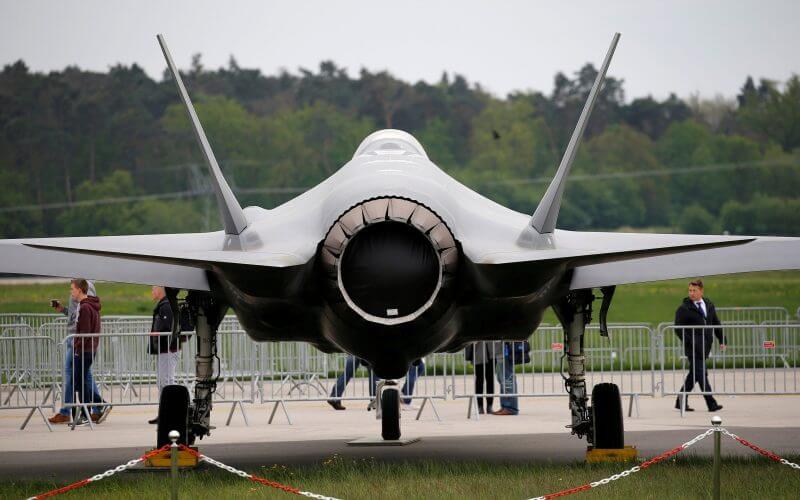The Biden administration has frozen arms sales to the United Arab Emirates and Saudi Arabia for an undetermined amount of time, ““to make sure that what is being considered is something that advances our strategic objectives and advances our foreign policy,” Secretary of State Antony Blinken said in a press briefing Wednesday.
The Trump administration previously approved the sale of over $23 billion worth of arms to the UAE, including 5-35A fighter aircrafts, missiles, and drones.
This deal was announced soon after the UAE signed onto the Abraham Accords and is thought to represent the follow-through of promises made by the U.S. to the UAE in return for the UAE agreeing to normalize relations with Israel.
“There are certain commitments that may have been made in the context of getting those countries to normalize relations with Israel that I think we should take a hard look at,” Secretary of State Anthony Blinken said to the Senate Foreign Relations Committee January 19.
The UAE released a statement in response to the Biden administration’s freeze on the deal, appearing to not yet be concerned about the policy’s re-examination but emphasizing the importance of the deal being approved.
“As in previous transitions, the UAE anticipated a review of current policies by the new administration;” however, “the F-35 package is much more than selling military hardware to a partner. Like the U.S., it allows the UAE to maintain a strong deterrent to aggression,” said UAE Ambassador Yousef Al Otaiba.
The arms deal remains critical because “in parallel with new dialogue and security cooperation, it helps to reassure regional partners,” particularly providing security against the Iranian regime’s regional aggression and influence.
“The UAE has always fought alongside the U.S.…we have learned that the key to military coordination is interoperability. With the same equipment and training, U.S. and UAE forces are more effective together when and where it matters,” said Otaiba.
The Biden administration is also expected to freeze an arms deal with Saudi Arabia worth approximately $478 million in precision-guided bombs.
Saudi Arabia was suspected to be one of the next countries to sign on to the Abraham Accords; although, many indicators of their warming relations with Israel occurred under a seal of relative secrecy due to Saudi Arabia’s support for the two-state solution to the Israel-Palestinian conflict.
Suspending the arms deal threatens to reduce the chances that Saudi Arabia will agree to normalize relations with Israel and indicates a vastly different approach to Middle East diplomacy than what was seen under the Trump administration.










